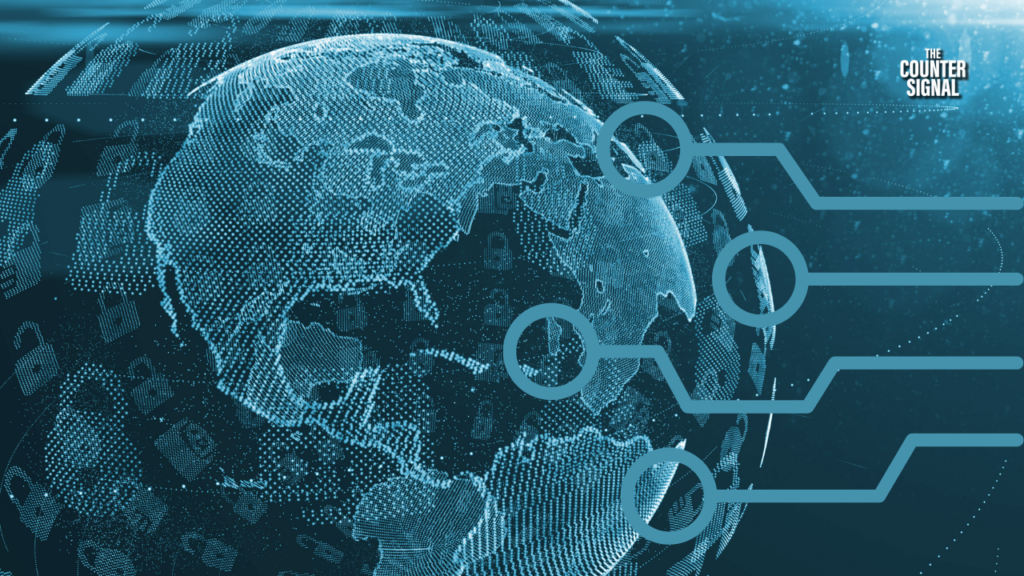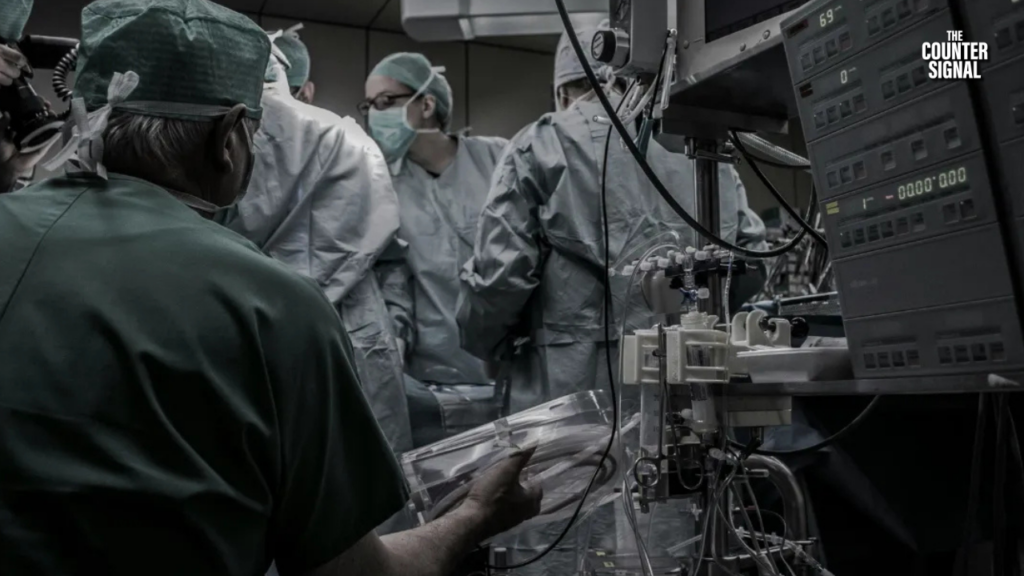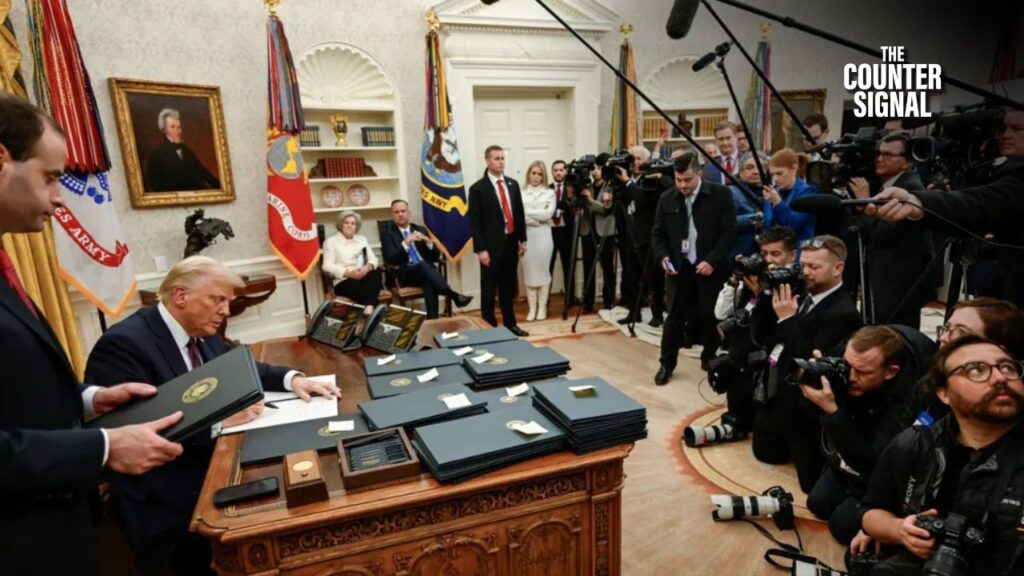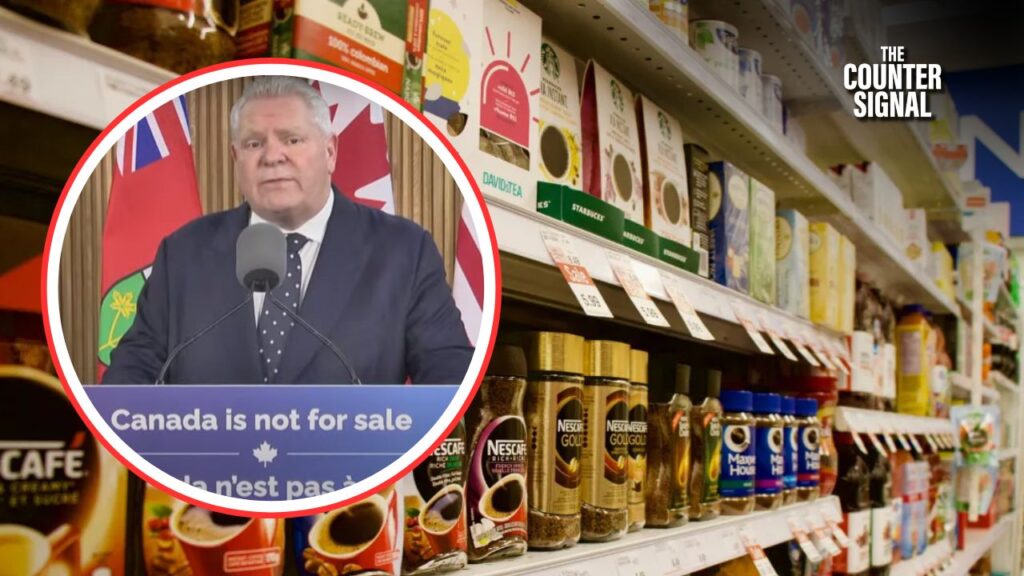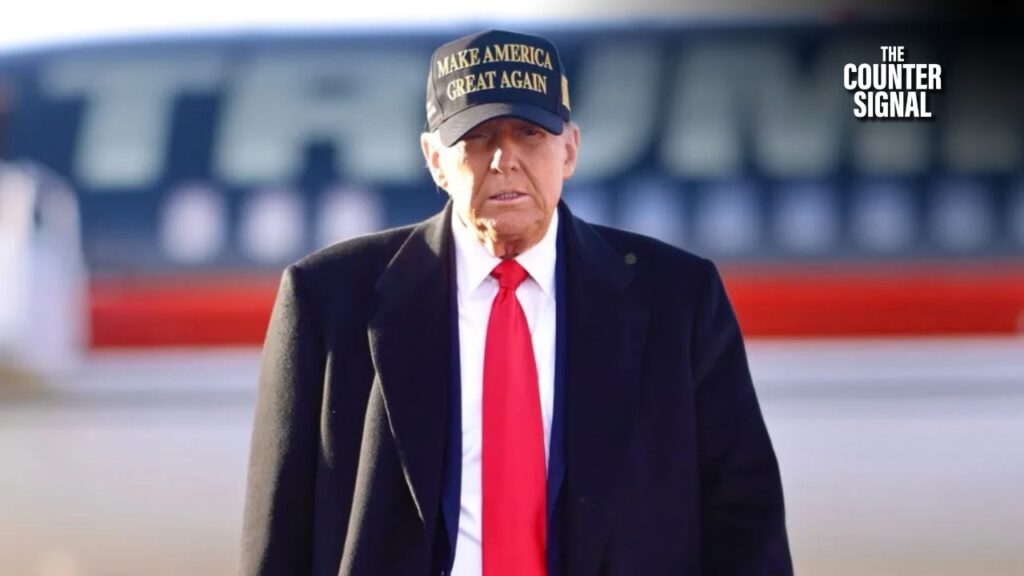Canadian Deputy Prime Minister Chrystia Freeland is being considered as a replacement for NATO chief Jens Stoltenberg.
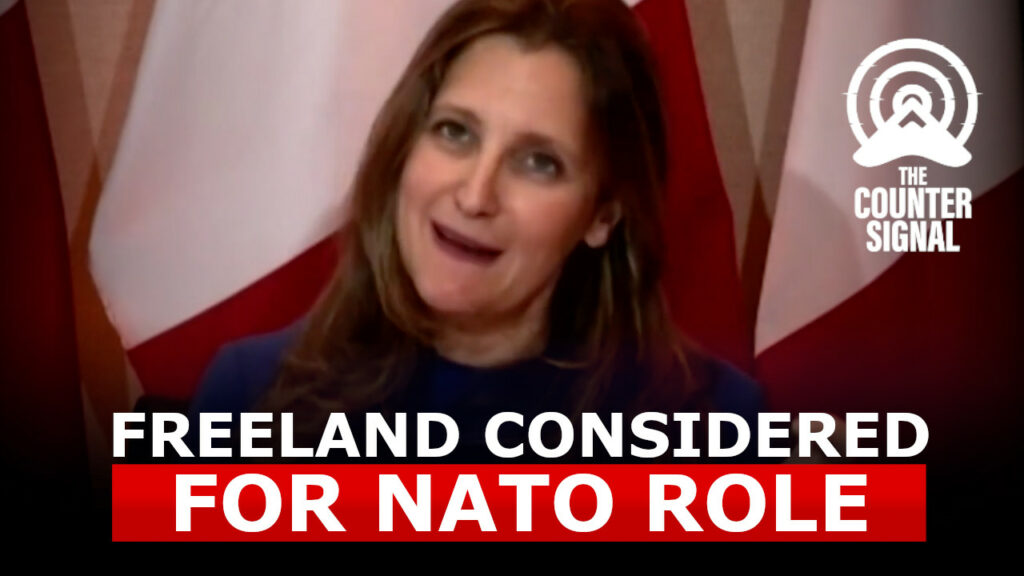
A recent New York Times article suggests Freeland is the clear frontrunner and Washington’s top pick to head US-led NATO amid the current war between Russia and Ukraine.
“Where any of the candidates come down on support for Ukraine in the war against Russia will be a critical factor,” wrote Steven Erlanger of the Times.
Freeland, of Ukrainian descent, has demonstrated fierce support for Ukraine for decades.
According to the NYT, Freeland travelled to Kyiv in 2014 to celebrate the overthrow of “Kremlin-backed” Ukrainian President Viktor Yanukovich. Not long after the US-led Maidan revolution, she met with Petro Poroshenko, who had stronger ties to the West and became Ukraine’s next President.
Such close ties with Ukraine’s leadership resulted in Freeland being added to the Kremlin’s list of unwelcome visitors, even earning her the codename of “Frida” by Russian intelligence.
According to The Wilson Center, an American non-partisan policy forum, Freeland was a “pro-democracy agitator from 1988-1989” during a semester spent in Ukraine as a Harvard undergraduate. As a result, she fell on the radar of the KGB, the Soviet Union’s intelligence service, and its top spy chief Vladimir Putin.
As Canada’s Deputy PM, Freeland has demonstrated strong support for Ukraine during the Russian invasion. Canada is throwing “everything we have at this,” Freeland said shortly after the invasion began in March.
Freeland’s heritage and writings also suggest her allegiance to the plight of Ukrainians.
“For the rest of my grandparents’ lives, they saw themselves as political exiles with a responsibility to keep alive the idea of an independent Ukraine,” Freeland wrote in her 2015 essay “My Ukraine.”
“That dream persisted into the next generation, and in some cases the generation after that,” she continued.
Her Ukrainian grandparents’ background has not been without controversy. The Ottawa Citizen reports that her grandfather was a Nazi collaborator.
Freeland’s primary strengths, which make her the ideal candidate, include fluency in multiple languages, including Russian and Ukrainian. In addition, Freeland, a Rhodes scholar and member of the World Economic Forum’s Board of Trustees, has a deep understanding of Russian history. She spent time in Moscow as a bureau chief for the Financial Times while she was a journalist.
Though Freeland has not publicly spoken about being considered for the next Secretary General of NATO, her candidacy has sparked much debate, given Canada’s strong support for Ukraine.




